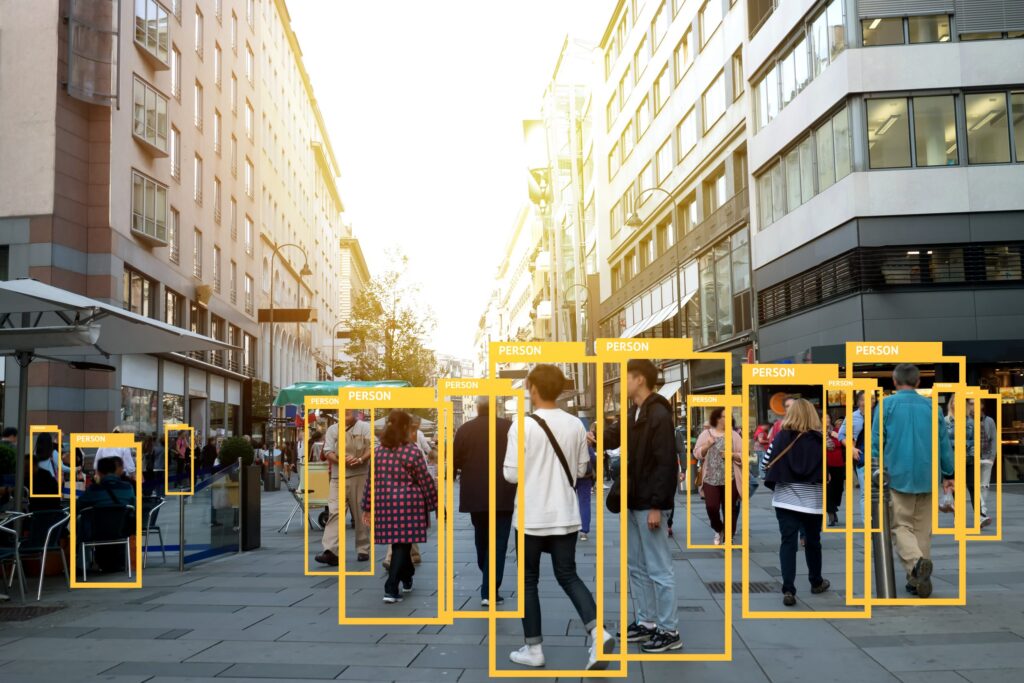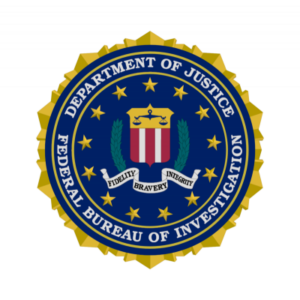Clearview’s very controversial practice of collecting & selling billions of faceprints was dealt a severe blow by the Privacy Commissioner that could set a precedent for future legal challenges.
Canadian authorities have now decided that the collection of facial-recognition data by Clearview AI is illegal because it violates Canada’s Federal & Provincial privacy laws, representing a win for individuals’ privacy & potentially setting a precedent for other legal challenges to this controversial technology.
Billions of Images
A joint investigation of privacy authorities led by the Office of the Privacy Commissioner of Canada came to this conclusion Wed., claiming that the New York-based company’s taking of billions of images of people from across the Internet represented ‘mass surveillance’ & infringes on the privacy rights of Canadians, according to a release the Office posted online.
The investigation found that Clearview had collected highly sensitive biometric information without people’s knowledge or consent, & then used & disclosed this personal information for inappropriate purposes, that would not be appropriate even if people had consented.
Canada’s Privacy Commissioner
“It is completely unacceptable for millions of people who will never be implicated in any crime to find themselves continually in a police line-up,” Canada’s Privacy Commissioner Daniel Therrien commented in a statement. “Yet the company continues to claim its purposes were appropriate, citing the requirement under Federal Privacy Law that its business needs be balanced against privacy rights.”
Clearview, founded in 2017 by Australian entrepreneur Hoan Ton-Thatand, collects what it calls “faceprints,” which are unique biometric identifiers similar to someone’s fingerprint or DNA profile, from photos people post online.
Since 2019, the company has come under considerable criticism, & faced legal challenges to its technology & business practices, part of a larger issue of whether facial-recognition technologies being developed by myriad companies—including heavy hitters like Microsoft & IBM—should be legal at all.
‘Faceprints’
Clearview so far has created a database of billions of these ‘faceprints’, which it sells to its clients. It also provides access to a smartphone app that lets clients upload a photo of an unknown person, & instantly receive a set of matching pictures.
One of the most pressing arguments in his company’s defence that Ton-Thatand has made in published reports is that there is significant benefit in using its technology in law enforcement & national security, which outweighs privacy concerns of individuals. Also, Clearview is not to blame if law enforcement misuses its technology.
Rejected
These same arguments were made in its case to the Canadian Privacy Commissioner, which the investigation then rejected.
Authorities also did not accept Clearview’s defence that privacy laws do not apply to its activities because the company has no connection to Canada, & that no consent was required because the photos were publicly available on websites.
Québec, British Columbia & Alberta
The Commission d’accès à l’information du Québec, the Office of the Information & Privacy Commissioner for British Columbia & the Office of the Information & Privacy Commissioner of Alberta also took part in this investigation.
This Canadian decision will likely lend strength to other legal challenges not only to Clearview’s technology but facial recognition generally. Last May the American Civil Liberties Union sued Clearview for privacy violations in Illinois – this case is ongoing. Lawmakers in the US even have proposed a nationwide ban on facial recognition.
Racial Bias
The technology also raises questions of racial bias & the potential for false accusations against innocent people. In Dec., 2 Black man filed suit against police in Michigan, saying they were falsely IDed by facial-recognition technology—specifically, DataWorks Plus facial recognition software in use by Michigan State Police.
All of this public scrutiny & legal pressure is inspiring law enforcement to change course on finding merit in using facial recognition in their activities. In Nov., the Los Angeles Police Depart. banned the Clearview AI facial recognition platform after personnel were revealed to have been using the database, citing privacy concerns & under pressure from the ACLU & other groups.
https://www.cybernewsgroup.co.uk/virtual-conference-march-2021/









